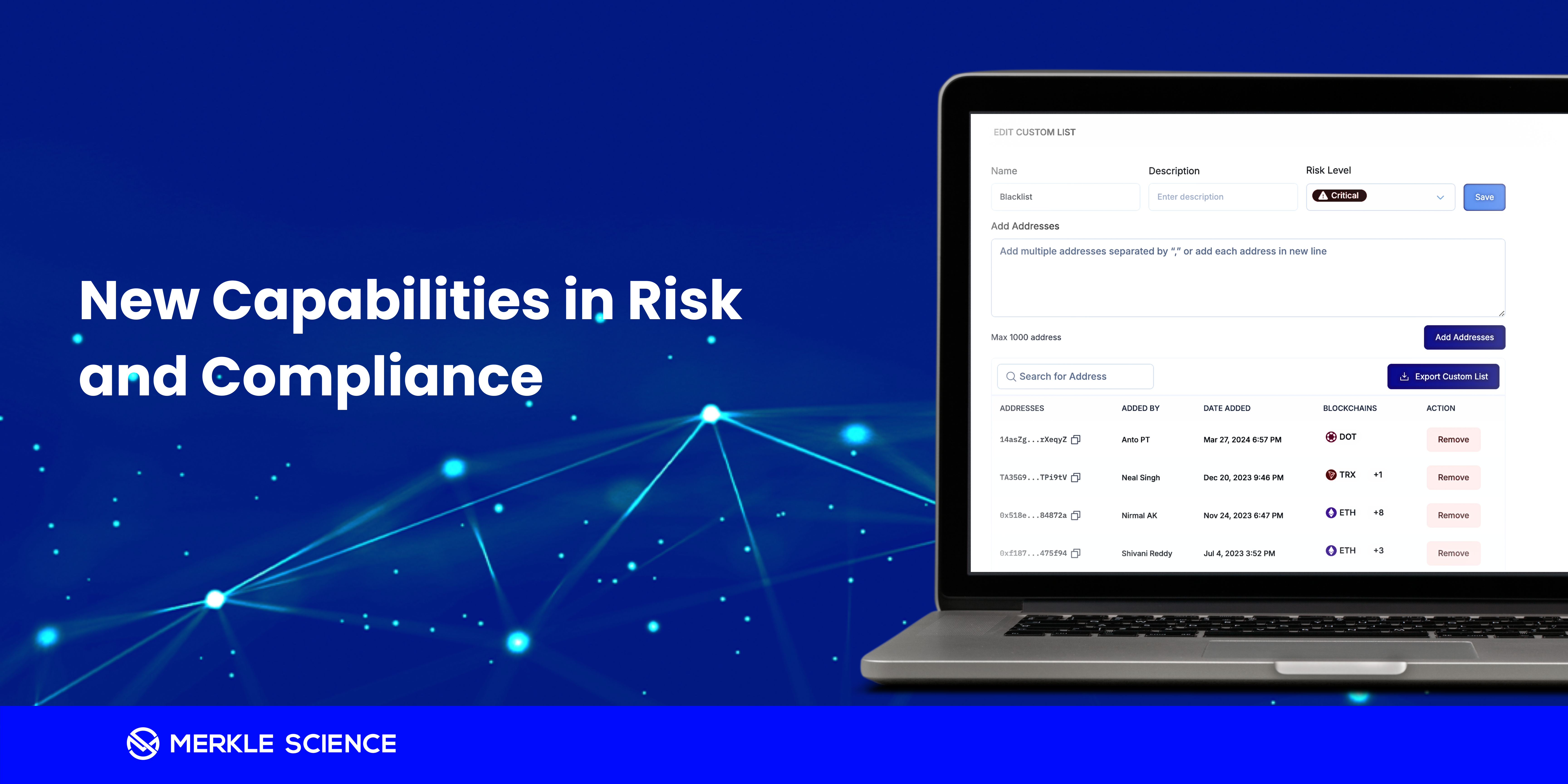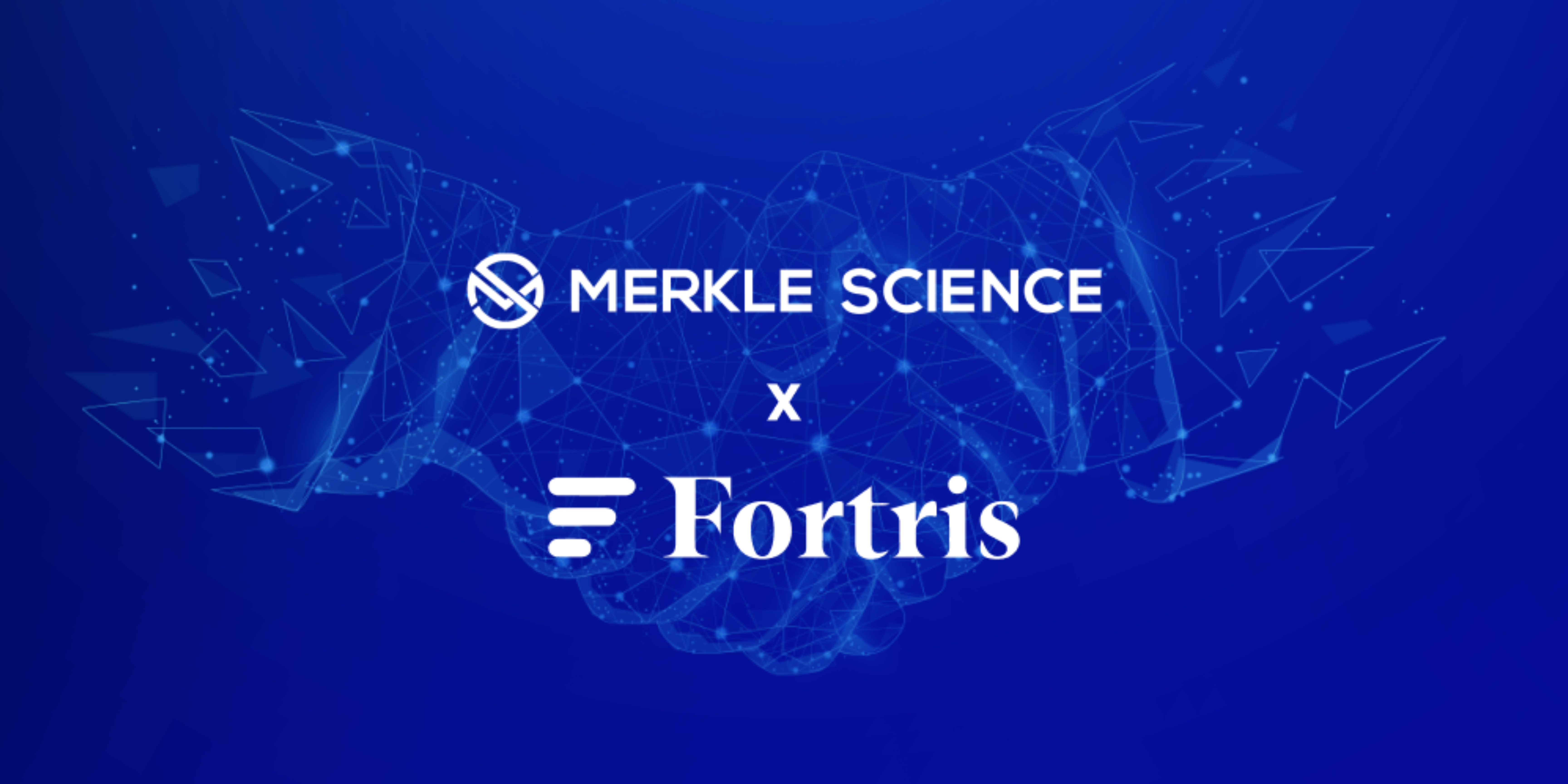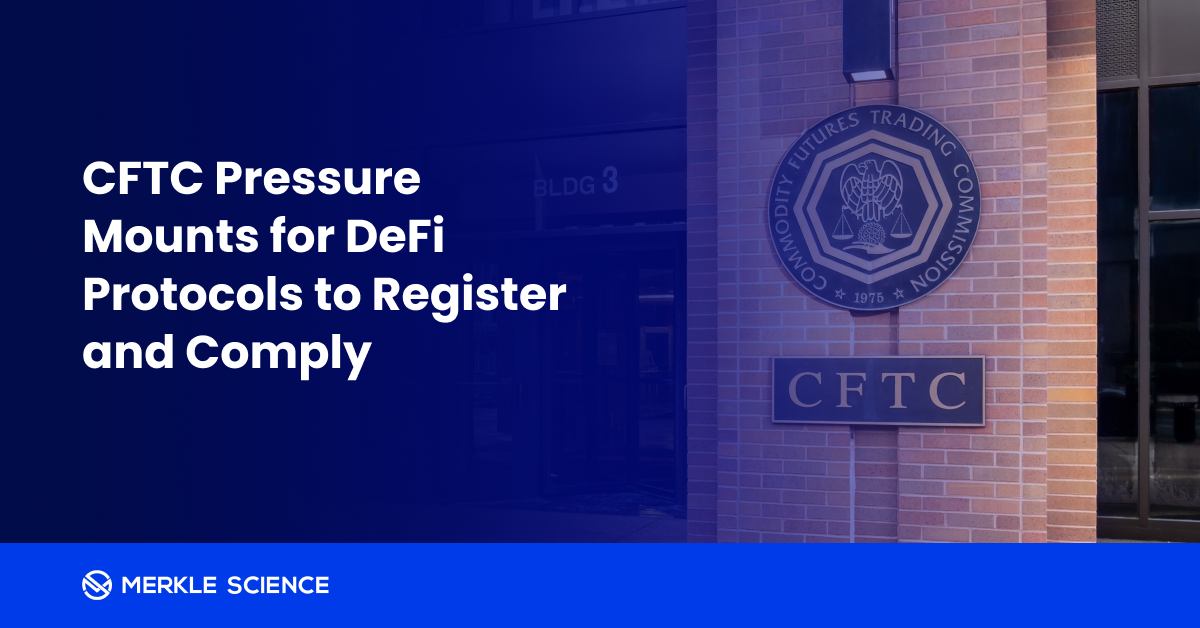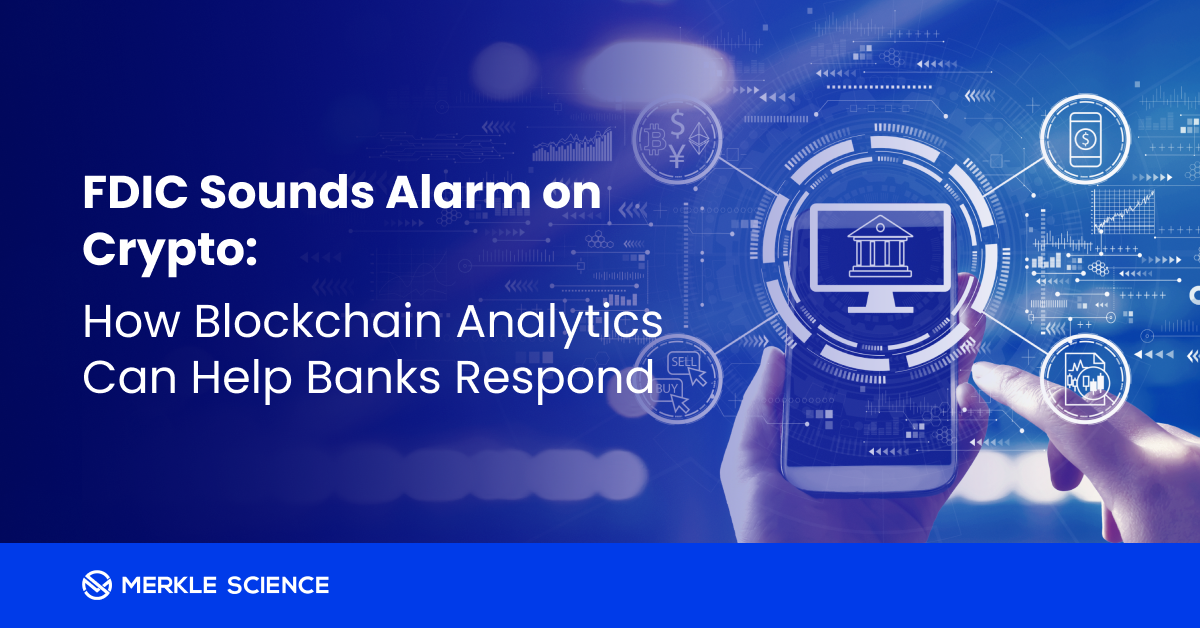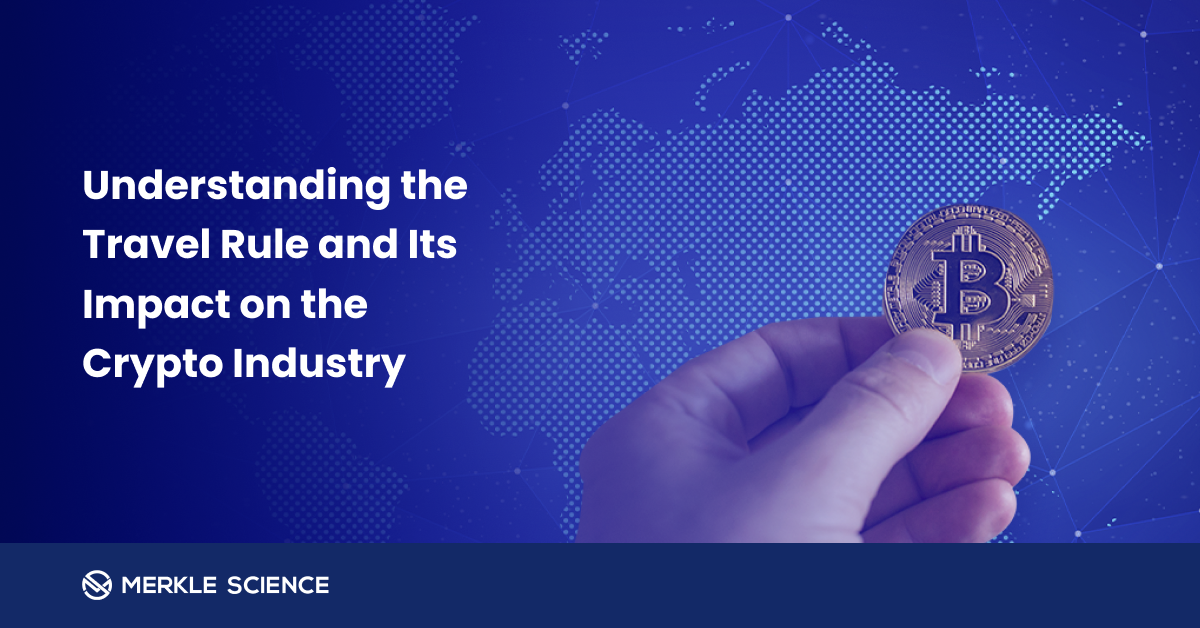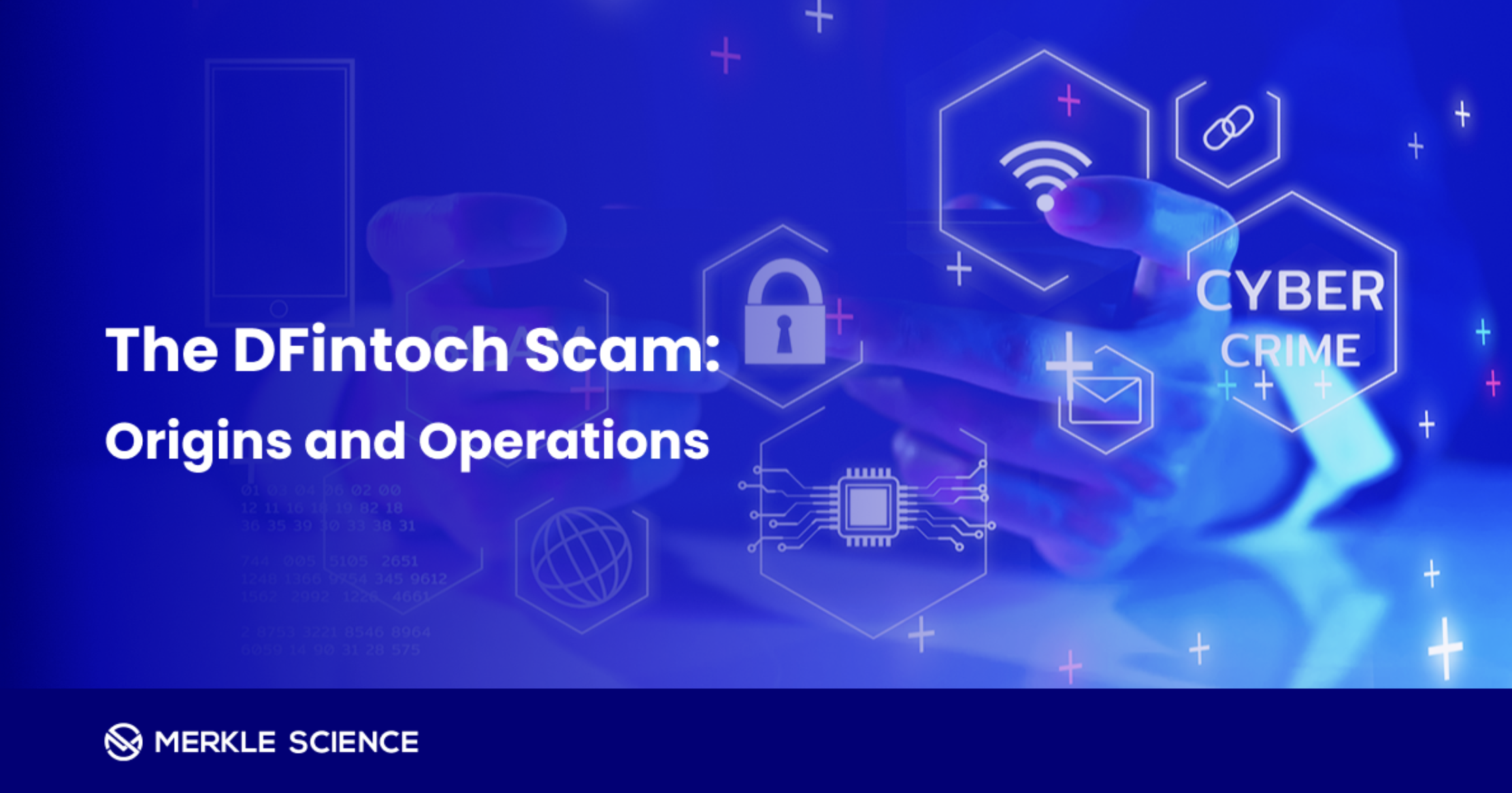New Capabilities in Risk and Compliance
We’re thrilled to announce a series of powerful updates to Merkle Science’s blockchain analytics tools, Compass and Tracker, designed to give you greater control, flexibility, and insight into your risk management and investigation processes.



